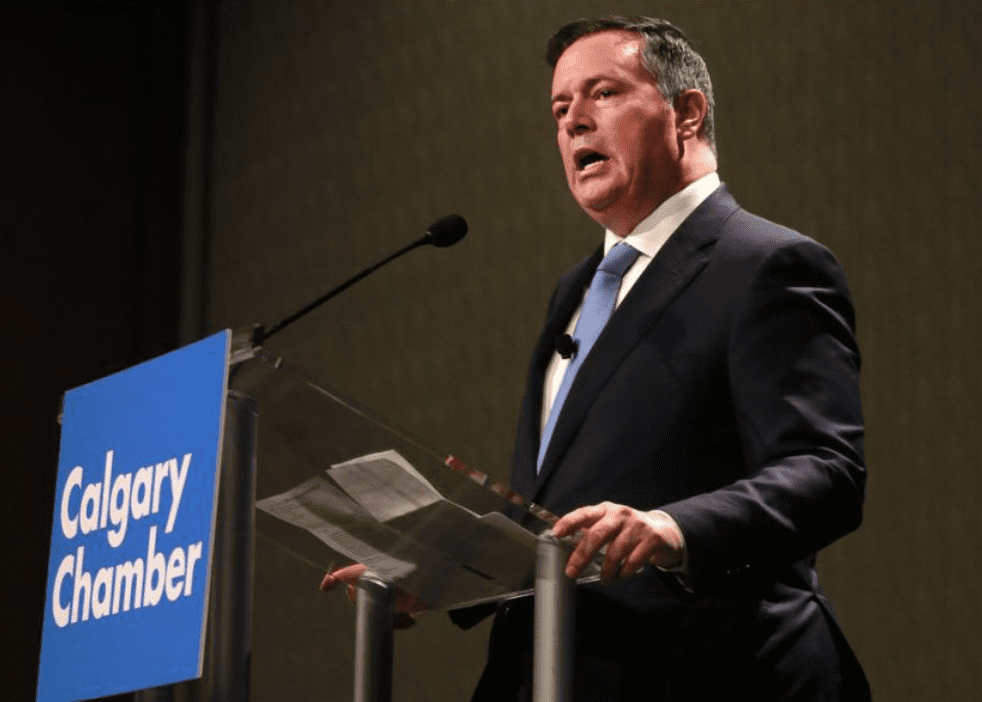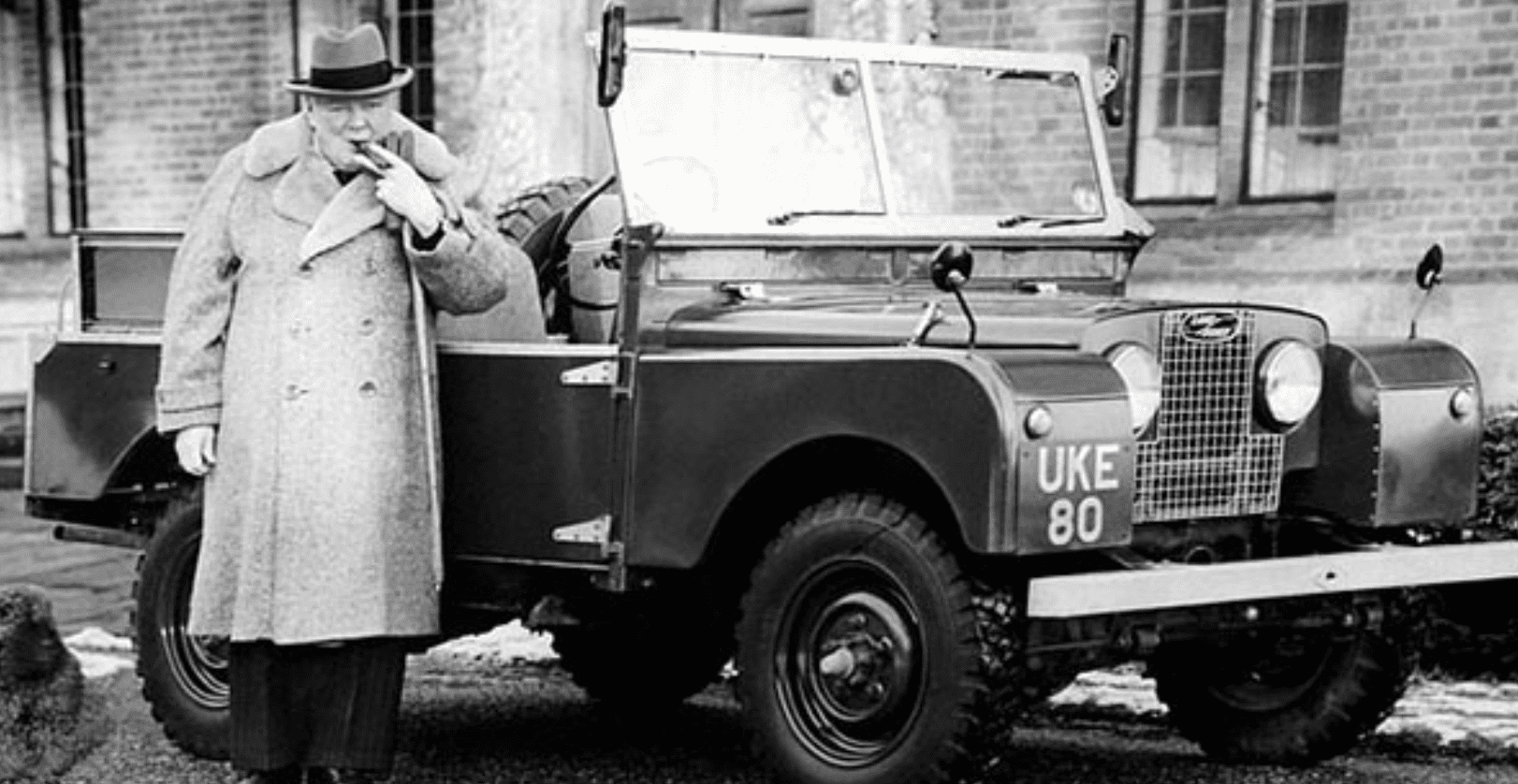It's usually a good idea to tailor your speech to the audience. So if you're speaking to, say a Chamber of Commerce, keep in mind what the captains of industry would find most interesting.
But in politics, no matter who you are talking to, whatever you say is going to get to a wider audience.
On Oct. 9 United Conservative Party Leader Jason Kenney made a speech to the Calgary Chamber of Commerce. No doubt it went over well. He said when his party takes power after next year's election it will freeze minimum wage increases and introduce a lower minimum for youth.
He said his party will repeal the NDP's latest labour legislation which removes the secret ballot from the union certification process and protects employees who need leave for sick family members, among other things.
He promised to have a cabinet minister who would be charged with cutting red tape by 30 per cent to create a better business climate. And he's considering a commission appointed to figure out a way back to fiscal health for the province without raising taxes.
The province would have an energy "war room" to defend Alberta's resource base at home and abroad. And he would stop the statutory shutdown of coal.
Talk about playing to the crowd.
He also said he wanted to act fast on all his reforms.
"Speed creates its own momentum. It also makes it harder for the opponents of reform to obstruct it," he said.
After all he doesn't want his new government to be "bogged down" with public consultation when it takes office.
Instead, the party is working on that consultation now, he said.
The basic sentiment of the speech, delivered to a business crowd in a city likely to vote UCP next May, isn't ground shakingly surprising. It contained more detail than has been revealed before about the election platform the UCP claims to still be working on.
Media reports in Calgary at the time focused on Kenney's remarks in a scrum after the speech about the Calgary Olympic bid. One outlet went over Kenney's oft repeated promise to scrap Alberta's carbon tax.
And then, over the weekend of Oct 13-14, enterprising Edmonton Journal legislature reporter Emma Graney wrote a story about the new stuff from the Chamber of Commerce speech, like the graduated minimum wage and the red tape czar and the labour legislation repeal. And she quoted what Kenney had to say about not wanting to be "bogged down" by public consultation.
And the readers of that story were not necessarily captains of industry.
The social media storm is still raging about the story, about Kenney's revelations, about the tone of the remarks.
Alberta Environment Minister Shannon Phillips said Kenney's "mask has slipped" and his real intent for the province has been revealed.
Critics of the UCP leader are speculating on whether the cutting of red tape will gut environmental regulations and whether repealing labour legislation will expose mothers with cancer-ridden children to the risk of losing their jobs if they take time off.
None of that sort of detail was in the speech. Exactly what aspects of the labour revamp are on the cutting table and what regulations will be snipped weren't mentioned.
But the critics have landed a blow or two with their backlash.
Kenney's office lost its marbles with a Tweet from Kenney's office account saying "the media only covered the week old speech after the NDP told them to."
Graney's spirited response: "Christ on a bike you're being absolutely absurd. If you'd bother asking, I'd have told you why I wrote it… I worked on the weekend, and thought I'd catch up on some recent #ableg political speeches."
It's not the first object lesson the UCP has had to learn about how many eyes and ears are trained on their every move as an election approaches.
Last week they faced another storm of controversy after some UCP candidates found themselves (unwittingly they say) smiling happily with the extremist Sons of Odin group. Kenney and the party stepped in to stamp that brush fire out, but not before the NDP made a little capital off their embarrassment.
Kenney and his party pride themselves on acting as though they are a government in waiting. The price of that position is that you're just asking to be held up to the same sort of scrutiny as the real governing party. In a world of indelible recordings and digital reach everything said to one special interest group is heard by the world at large.
Photo Credit: Edmonton Journal








